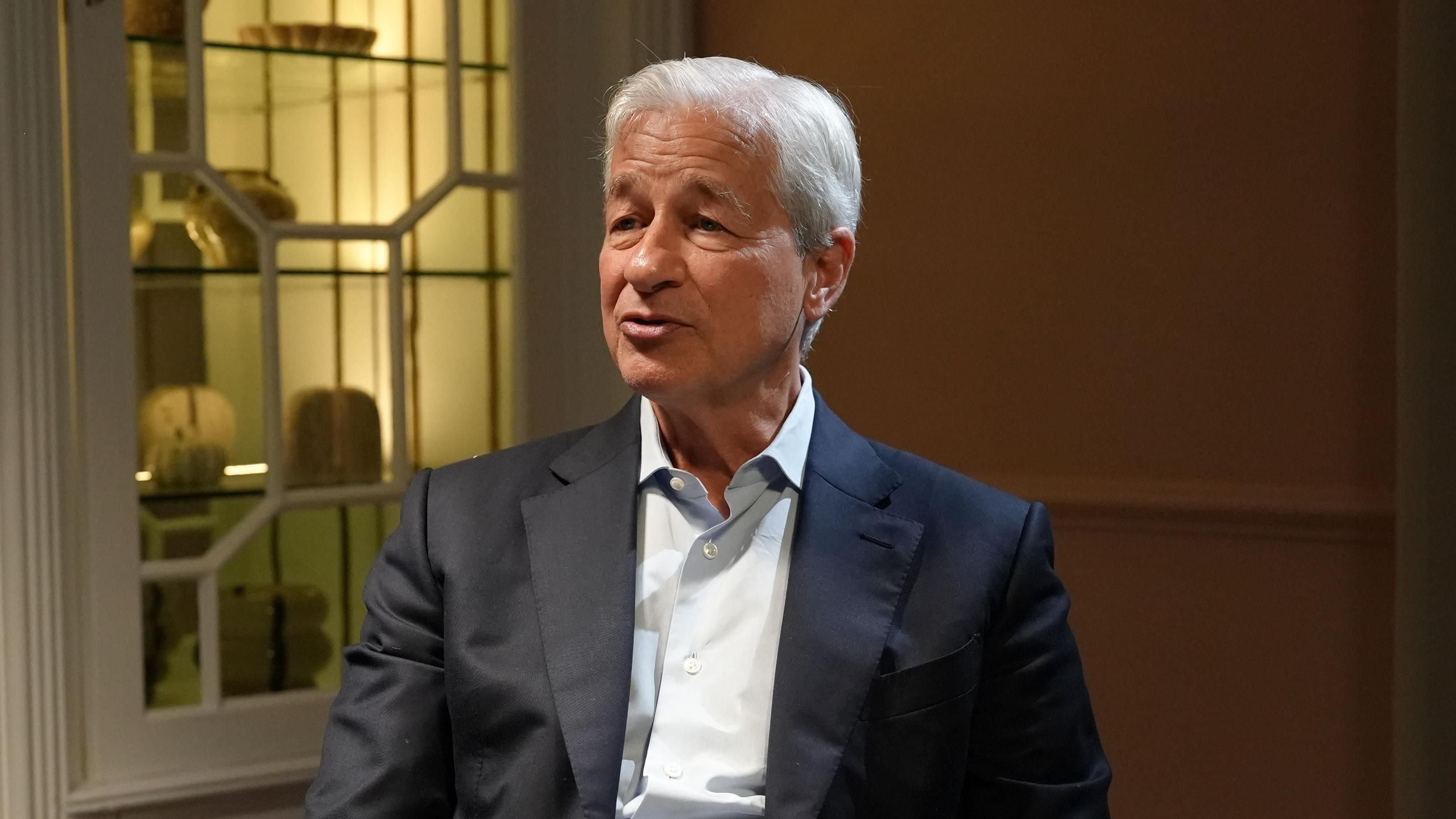A major shift in U.S. aviation policy has emerged as the current administration formally abandons an initiative introduced during the previous presidency that would have compelled airlines to pay travelers for disruptions caused by delays or cancellations. The decision has sparked a nationwide debate about passenger rights, industry accountability, and the broader implications for consumer protection in air travel.
The now-discarded measure was designed to hold airlines financially responsible when passengers faced significant travel interruptions. Under the proposed system, carriers would have been obligated to provide monetary compensation, separate from ticket refunds, for delays within their control. Supporters argued that such a policy would have strengthened consumer rights, aligning the United States with practices already established in parts of Europe, where airlines are mandated to compensate travelers under certain circumstances.
The original intent behind the compensation plan
The concept of mandatory compensation for air travel disruptions was introduced as a response to growing frustration among travelers over frequent cancellations and extended delays. In recent years, especially during peak travel seasons and in the aftermath of major weather events, disruptions have become increasingly common. These challenges intensified during the pandemic, when staffing shortages and operational setbacks led to widespread scheduling chaos across major U.S. carriers.
Advocacy organizations concerned with consumer rights had been advocating for laws to alleviate the financial stress on passengers in situations where airlines did not provide services punctually. Numerous individuals thought that mandating compensation would motivate airlines to enhance both their dependability and openness, thus allowing travelers to organize their trips with increased assurance.
In the initial system, airlines would have incurred financial consequences for delays deemed manageable—like mechanical failures, inadequate staffing, or timetable mistakes—although allowances would be made for interruptions due to extreme weather conditions or limitations in air traffic management.
Why the reversal happened
Officials from the current administration cited a range of factors in their decision to abandon the proposal. Among the most significant considerations were concerns about the economic impact on airlines, which continue to recover from substantial financial losses sustained during the pandemic. Industry representatives argued that imposing mandatory payouts could lead to higher operating costs, ultimately passed on to consumers through increased fares.
Furthermore, some policymakers expressed doubts about whether the federal government should impose strict compensation requirements on carriers, suggesting that existing refund rules already provide a baseline of consumer protection. Under current regulations, passengers are entitled to refunds when flights are canceled, but no additional compensation is mandated for delays unless travelers voluntarily give up their seats during overbooking scenarios.
Airlines consistently assert that they aim to reduce disruptions and that the majority of delays happen due to circumstances outside their control, like meteorological conditions and congestion in the national airspace network. Opponents of the initial proposal shared these views, cautioning that strict compensation requirements might lead to legal conflicts and operational difficulties for both airlines and authorities.
The extensive discussion on traveler rights
The shift in policy has sparked renewed debates on the most effective way to safeguard consumers while considering the practicalities of the aviation sector. Groups supporting passenger rights have voiced their dissatisfaction, stating that without monetary penalties, airlines have little incentive to focus on punctuality and maintaining clear communication with passengers.
Comparisons are often made with the European Union’s EC 261 regulation, which mandates that airlines functioning in Europe must reimburse passengers for specific delays and cancellations, sometimes amounting to several hundred euros. Advocates for comparable regulations in the United States contend that these measures have enhanced accountability overseas and could provide similar advantages nationally.
In contrast, associations within the airline sector argue that the aviation infrastructure in the U.S. encounters distinct hurdles, such as the intricate nature of its network and vulnerability to disruptions caused by weather. They assert that requiring airlines to provide compensation for situations beyond their complete control would be unjust and could backfire, possibly resulting in diminished services and increased ticket prices.
What this means for travelers going forward
Actualmente, los viajeros en Estados Unidos seguirán dependiendo de las medidas de protección al consumidor vigentes, que principalmente garantizan el derecho a reembolsos ante vuelos cancelados. Se sugiere a las aerolíneas que ofrezcan servicios como vales para comidas o alojamiento en hoteles durante retrasos prolongados, aunque no están obligadas a hacerlo, dejando gran parte del proceso de compensación a la discreción de cada aerolínea.
Passengers should check the policies of the airline they select prior to making a reservation, as certain airlines have independently adopted customer service promises that exceed government regulations. Furthermore, buying travel insurance or using credit cards that include travel protection options can provide extra security against unforeseen interruptions.
The Trump administration has expressed its ongoing dedication to finding methods to enhance transparency and passenger experiences, such as initiatives to mandate that airlines more explicitly reveal service commitments during the reservation process. Yet, for those expecting a compensation framework fashioned after European guidelines, this latest decision marks a notable disappointment.
The future of airline accountability in the U.S.
The debate over mandatory compensation is unlikely to disappear entirely. As air travel demand continues to rise and consumers become increasingly vocal about service expectations, pressure on policymakers and airlines to adopt stronger passenger protections will persist. Advocacy groups have vowed to continue lobbying for reforms, while industry leaders emphasize the need for collaborative solutions that do not impose unsustainable financial burdens on carriers.
The dialogue illustrates a wider conflict between the rights of consumers and the adaptability of businesses—a balance that authorities must achieve to promote a competitive, dependable, and customer-oriented aviation industry. It is uncertain whether upcoming administrations will reconsider the idea of compulsory compensation, but for now, aviation policies remain unchanged, leaving travelers mostly reliant on the industry’s goodwill and the current refund policies.







